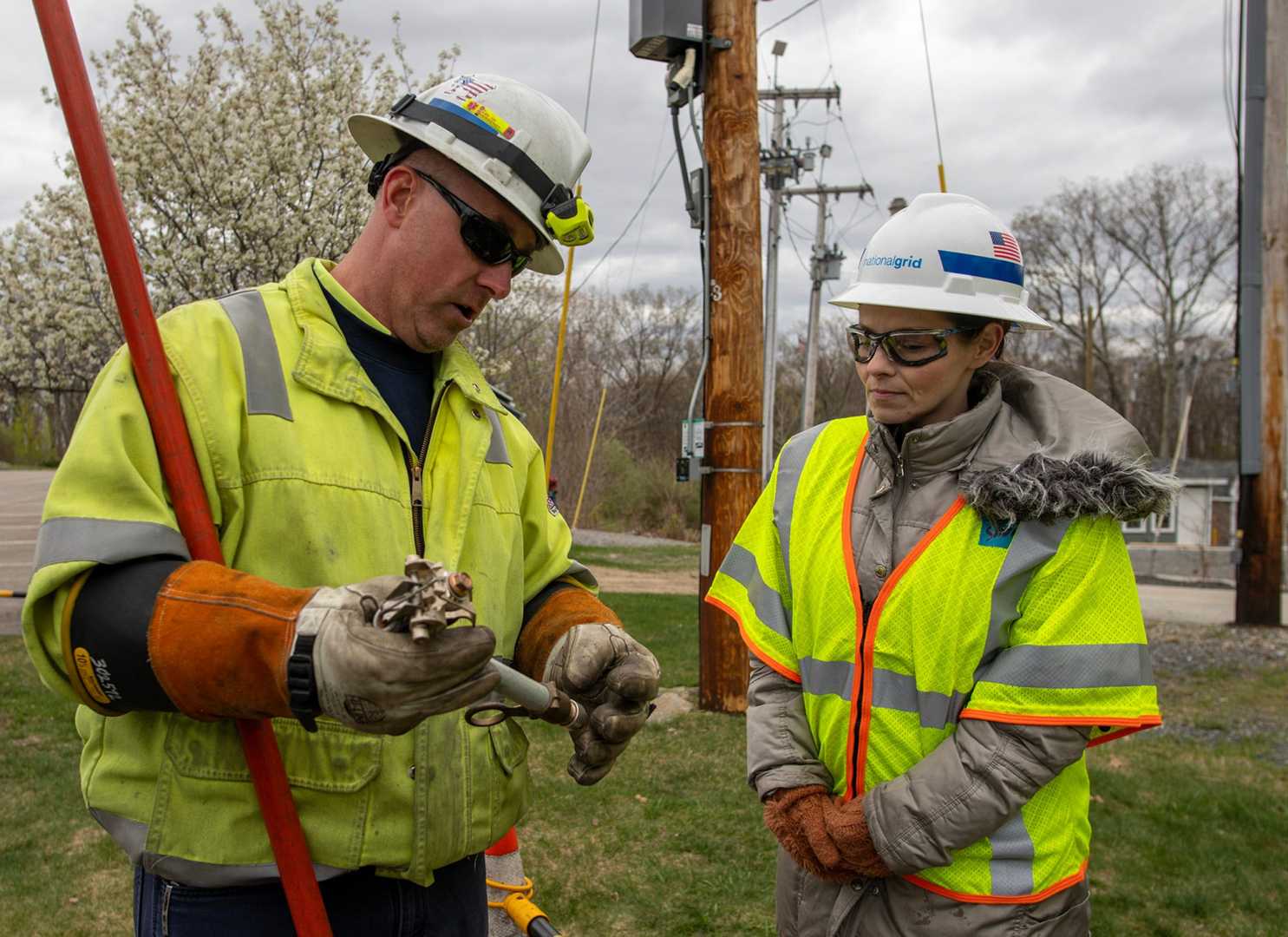News
National Grid Experiences Diverse Challenges and Advances in UK and US

National Grid, a leading energy transmission and distribution company, has announced its Half-Year results for the period ended 30 September 2024, highlighting significant investments and progress in both the UK and the US. The company has seen an unprecedented increase in capital investment, with a record £4.6 billion invested in the first half of the year. This investment is part of National Grid’s five-year, £60 billion investment plan, which was underpinned by a successful £7 billion Rights Issue.
In the UK, National Grid is advancing on 17 major onshore and offshore transmission projects, working closely with communities and stakeholders. The company has also made strides in policy and regulatory areas, particularly with the establishment of a ‘future system operator’ as an independent public corporation through the Energy Act 2023. This new entity, known as NESO, will take on the responsibility for ensuring Great Britain’s energy system is secure and affordable. National Grid will continue to provide some services to NESO under transitional service agreements.
In the US, National Grid has made progress on its $4 billion Upstate Upgrade in New York and has continued with gas mains replacement and network reinforcement across various communities. However, a recent incident in Queens, New York, saw a National Grid crew accidentally damage a water line while working on a gas line, resulting in water service being shut off for about 20 customers. Despite the disruption, officials confirmed there was no hazard to the occupants.
In contrast to the operational and investment advancements, Nigeria‘s national grid has faced significant challenges. The grid collapsed for the 10th time since January 2024, marking the second collapse in just two days. As of Thursday, the 22 power plants were only able to generate 2,323 megawatts of electricity, with generation dropping to 0.00MW at one point. The Transmission Company of Nigeria is working to restore power, but the frequent collapses highlight ongoing issues with the country’s power infrastructure.












